The voting has now ended and the book chosen was a clear winner! The Amateur’s Mind will be the book we will read together, which I’m excited about. How to Reassess Your Chess made a big impression on me, so I’m looking forward to seeing what this book has to offer.
If you join you will have the next week to go get the book. If you want it quickly there is also a Chessable version available. We then start reading a chapter each week with a discussion thread each Sunday. I also have ideas for possible Zoom calls or a podcast with participants if things align.
So the first discussion thread will be posted on the 2. June. Here we will cover the following chapters:
- The Imbalances
- The Battle Between Bishop and Knights
If you already own the book you can go ahead and start now. Remember to take notes, so you can share interesting thoughts or questions in the discussion thread.
If you need a little more convincing before joining I have included the book introduction by Silman:
INTRODUCTION
Every chess student dreams of finding the perfect teacher—someone who magically knows what’s going on in the student’s mind and is able to surgically remove the flaws contained there. Unfortunately, this rarely happens in reality. The well-meaning master, not being a movie character or a psychic, thinks it sufficient to look at the student’s games, ask questions and give pat answers to the problems that appear before his eyes.
While this is a good technique, I often wondered what would happen if a teacher could really get inside the student’s head. To accomplish this, I played games with my students (always starting them off with a good position), had them talk out loud before they made a move and after I made mine, and wrote down their thoughts. To my amazement, I was soon seeing problems that I never imagined they possessed.
To add to this, I also had them annotate a series of Grandmaster games. Their responses to the Grandmaster’s moves and plans showed me which concepts they were able to understand and which ones were absent from their make-up.
The Amateur’s Mind is the result of these sessions. It is a road map of typical thinking errors that turn out to be reflections of your own thoughts as much as they are the thoughts of the people that originally shared them with me.
Within these pages you will find much of interest: easy-to-understand rules and recommendations, new strategies, surprising insights—all designed to help you eradicate the “chessic” doubts and fears that reside within you. Study this information carefully and spend some time thinking about it. Hopefully, it will be your first step in turning the chess misconceptions that you’ve owned for so long into the chess mastery that you have always dreamed of attaining.
/Martin




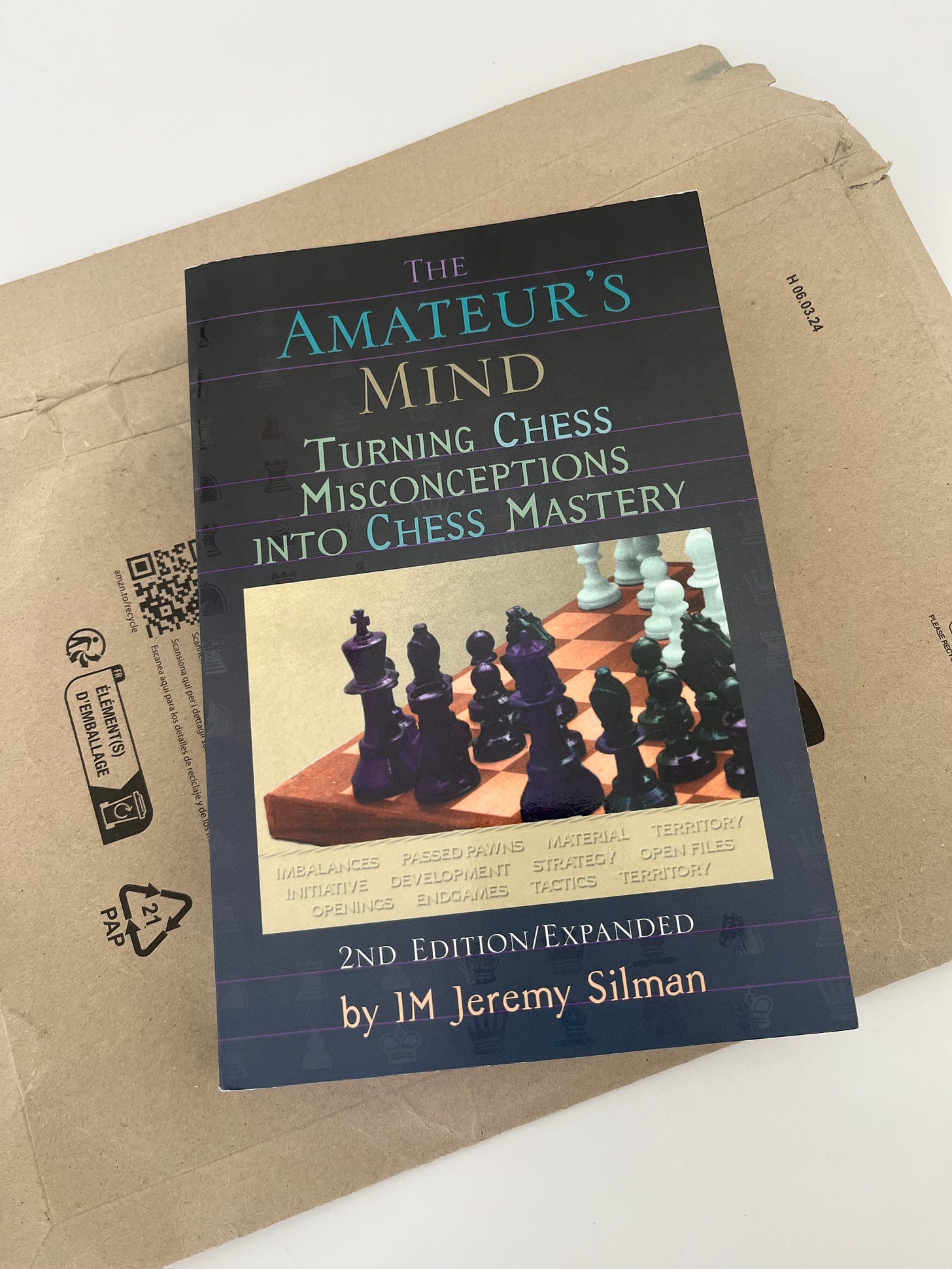
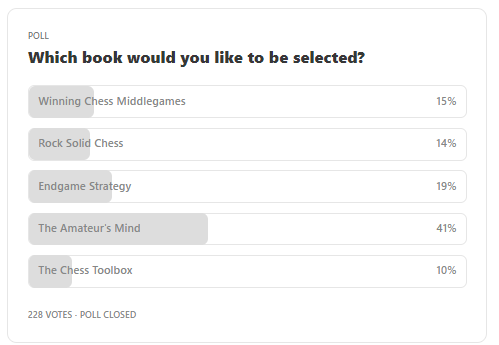

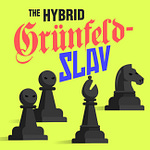
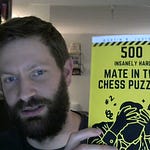

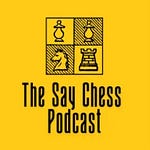
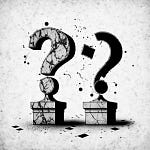
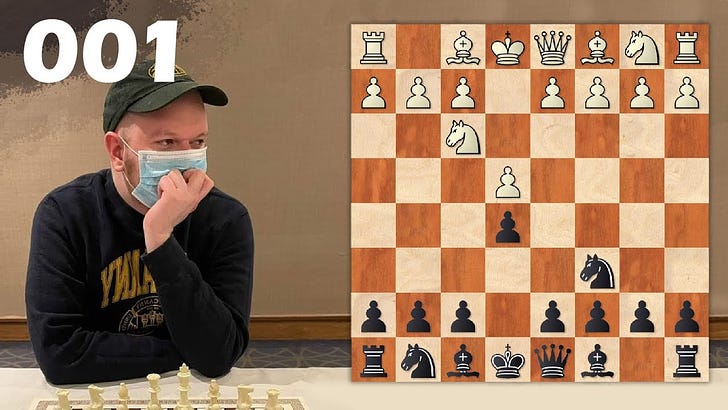
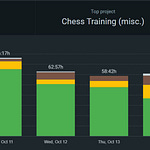
Share this post